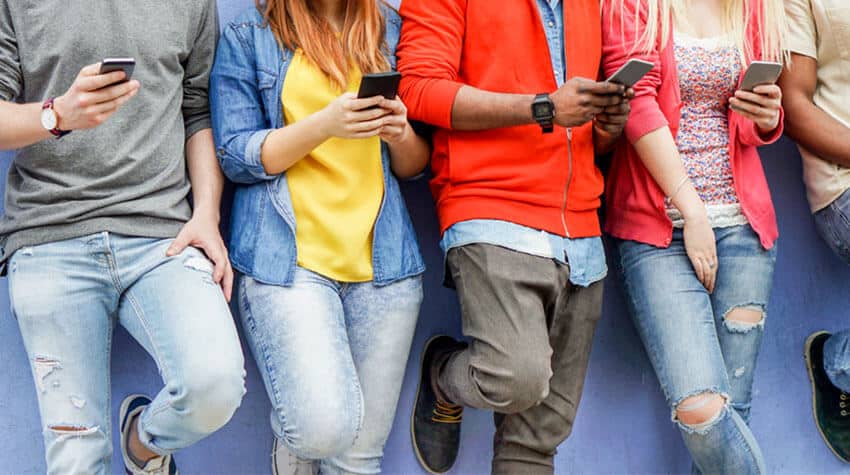This is the information age, and today’s group of young adults have been called the social media generation for a good reason: that’s the only way anyone seems to communicate anymore. Smartphones have innovated conveniences not thought possible even during the childhood of this social media generation. But with those innovations have come downsides. The current generation is often called the loneliest generation, and there’s good reason for it. Without a reason to communicate with others, why would you put yourself through such possible social awkwardness? Between social media contacts with your social group, social media gaming, texting, and the internet, modern technology has a stranglehold on our time. In fact, there’s very little impetus to have any interactions except those you expressly control. The problem is, closing yourself off from society doesn’t help you to develop. And that’s what is happening to the youth of today: the young adults of this new social media generation are imploding. They’re not growing. Socially, they’re connecting through electronic parameters over which they have complete control.
The Consequences Of Unhealthy Social Development
When someone who has complete control suddenly loses that control, there is going to be an adverse emotional reaction. The term “brat” is usually applied to children who have yet to learn the social norms which facilitate attitudes of politeness, patience, and mutual respect. Until they learn these lessons, certain young ones have a tendency to be extremely self-involved and boorish. Such immaturity has extended past adolescence in the “me” generation of this information age. Psychologically, when a social interaction comes which a millennial adult isn’t prepared for or doesn’t want to have, emotional response is often in excess of that which would be appropriate or expectable. The more an individual engages in social media, the more isolated they become from humanity even as they feel they’re more connected than ever before.
Facebook Is Here To Stay
Social media, unfortunately, is a necessary tool in modernity. A great variety of employment opportunities and social engagements are part and parcel to the social media revolution, and since they are so ingrained in society, it’s a little bit unrealistic to be entirely unplugged. After all, a basic cellular phone is technically social media. It’s not the same kind as Facebook, but it is still a medium through which social interactions are conducted electronically, and is a means of facilitating convenience. So unplugging from all social media kind of means unplugging from modern society, and that isn’t necessarily the best solution either.
A Proper Balance
What is needed is balance. Since youngsters today don’t have the pre-technological cushion their parents had in which to develop healthy social relationships, they need guidance. There are now certain programs available designed to teach this balance such that social media can be used as a positive tool, not a negative isolating addiction. Programs like At The Crossroads tailor therapy to the individual.
Some social anxieties have nothing to do with social media, some social anxieties wouldn’t exist without it. What at-risk youth and young adults need is understanding and individual attention, not a one-size-fits-all equilibrium program. Sometimes the best thing is to restrict all social media use; sometimes it’s better to ration it throughout a given day. Different people have different needs, and getting your child or young adult help is best accomplished through programs which recognize this simple fact.
A Final Thought
One thing is sure: barring some global technological catastrophe, social media is here to stay for the foreseeable future. If it can’t be beaten, it must be understood so that it can be contended with.

Recent Comments